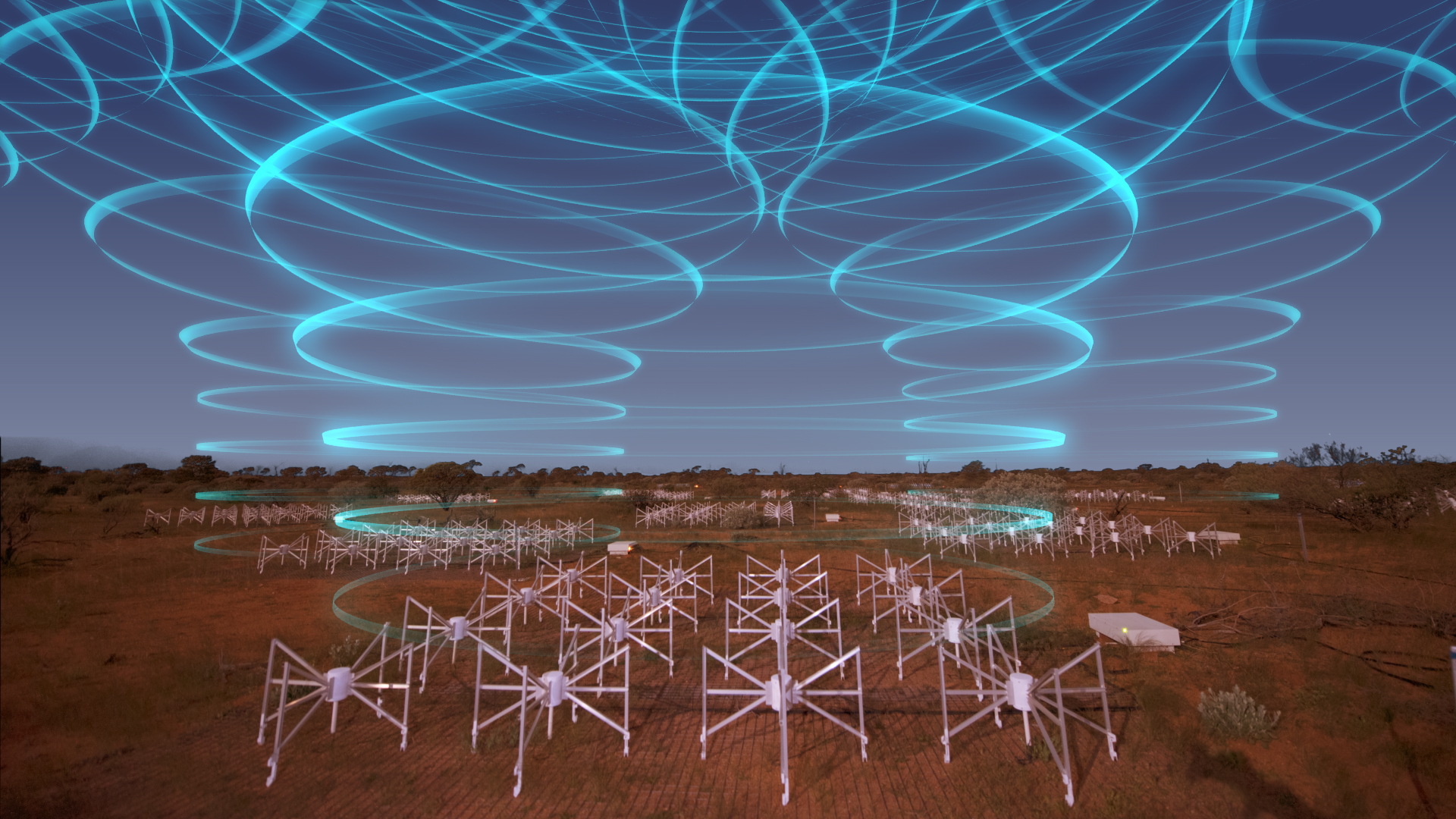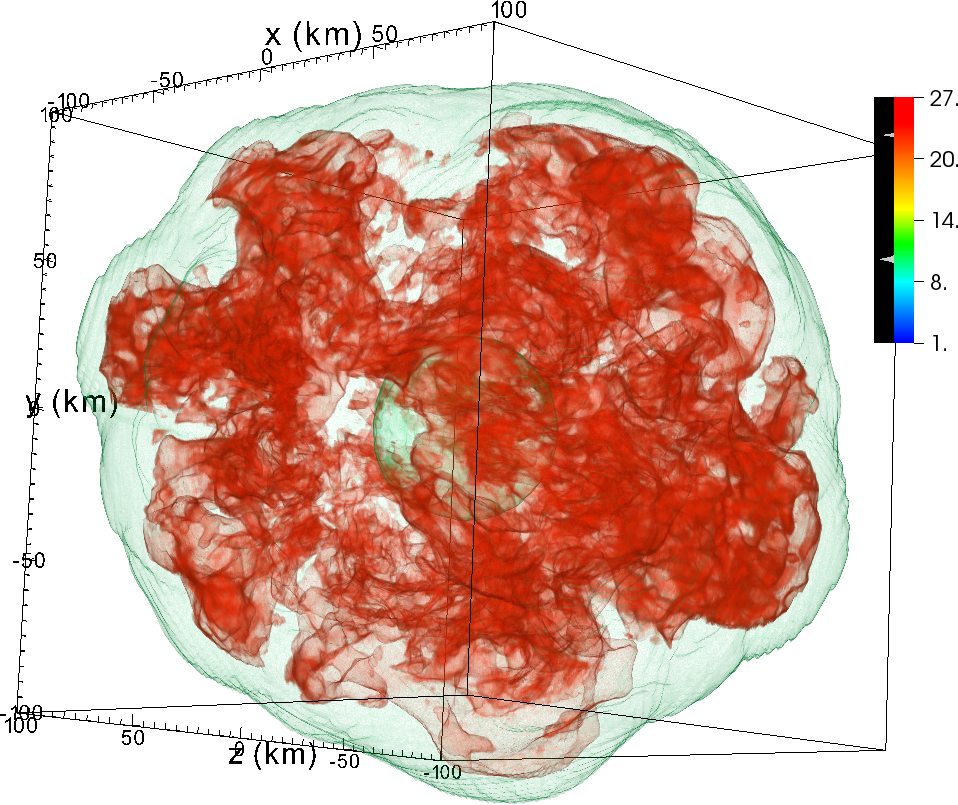
Emerging Leaders in Astronomy Software Development Prize
Sponsored by the Australian Research Data Commons (ARDC)
Software development has become a crucial and integral part of modern-day astronomy. In order to recognise these important contributions within the Australian astronomical community, the Emerging Leaders in Australian Astronomy Software Development Prize was created with sponsorship by the Australian Research Data Commons (ARDC). The ARDC is seeking a change in culture where research software is recognised as a first-class output of research.
The goal of this award is to acknowledge and also encourage new open-source software development from the Australian astronomical community with a view to supporting efforts to develop and share astronomy research software and methodology.

Credit: Museums Victoria / CAASTRO
The Emerging Leaders in Australian Astronomy Software Development Prize is awarded annually by the Astronomical Society of Australia to an early career researcher in a non-permanent position. The Prize recognises their outstanding contribution to the development of open-source astronomical software that is vital to the Australian astronomical community.
Nominations that contribute to a team-based effort are eligible for the Prize but the nomination should clearly show evidence and delineation of the individual contribution made by the nominee.
The Prize consists of a commemorative plaque together with an award of $1,500. It is presented at the Conference Dinner of the Annual Scientific Meeting of the Astronomical Society of Australia.
Nominations for the 2025 ECR Software Prize will open in December 2024 with a closing date of mid-February 2025.

Credit: Bernhard Mueller
Eligibility
To be eligible for the Prize, the nominee:
- must be an early career researcher, defined as a PhD student or postdoctoral researcher that does not have a permanent/faculty position. There is no post-PhD time limit restriction.
- must have produced or contributed to new astronomy software, such as new utilities, tools, applications, libraries, modules or frameworks.
- must have intended for the software to be used widely and not be limited to project participants or partners.
- must have developed the software or made their individual contribution to the software development as part of one specific project within the last 5 years.
- must have distributed the software or their contribution to it with an open-source licence, as described at https://opensource.org/licenses.
- must be actively developing and maintaining the software, or their contribution to it.
- must have been funded or supported by Australian Funders or Institutions, or must have resided in Australia or been affiliated with an Australian Institute when the software was developed or their contribution was made.
- must be an ASA member.
The Software Developer community is diverse and nominations are especially encouraged from under-represented or historically marginalised individuals.
Nominations
Nominations will follow a two-stage process:
- an initial submission – Stage 1 – will be evaluated by the Judging Panel. Successful nominees will be contacted to proceed to the next stage.
- a second submission – Stage 2 – will provide further details on the nomination to complete the evaluation process.
Stage 1 submissions must adhere to the following guidelines:
- a nomination consists of a short description – one page or less – of how the software contributes a new approach, idea, method or model in the form of code.
- the nomination should also describe how community building, documentation and guidance, ease of use, validity testing or the FAIR principles (Findable, Accessible, Interoperable and Reusable) were incorporated in building the software, or contributing to an existing effort.
- nominations that contribute to a team-based effort should clearly show evidence and delineation of the individual contribution made by the nominee.
- the nomination must be submitted using the ECR Software Prize Stage 1 submission form (Word or pdf).
Stage 2 submissions must adhere to the following guidelines:
- a nomination – two pages or less – that provides further information on the the novelty of the software and/or how this solved a research barrier in conventional practice
- the nomination must include the names and email addresses of two professional astronomers who would be willing to write supporting letters for the nomination outlining their view of the impact the software has made on astronomy research.
The nomination materials should be addressed to Dr Tanya Hill – thill@museum.vic.gov.au.
An assessment committee nominated by the ASA Council will evaluate the submitted materials and make a recommendation to the ASA Council. The decision of the Council is final, including the decision not to award a prize in any given year.
Previous Winners
- 2024 – Kate Harborne
- SimSpin – a software package that allows users to take galaxies output from theoretical simulations and produce a “mock” observation using an integral field spectrograph.
- 2023 – Manodeep Sinha
- CORRFUNC – an open-source high-performance code to compute correlation functions extremely quickly. See the ARDC article Shaping Research Software: an interview with Manodeep Sinha

